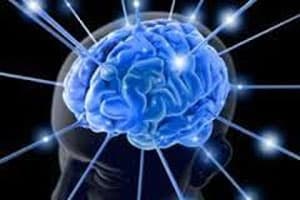GPS Exists In Your Brain Already
Biomedical engineers from Drexel University, University Of Pennsylvania, Thomas Jefferson University and UCLA have identified a new type of cell in your brain that helps humans keep track of their relative location when navigating in an unfamiliar environment. What this research indicates is that there's a natural GPS programmed right inside our brains. These cells appear in the grid pattern, and hence derive the name 'grid cells', are distinct inside human brain. Their activation represents multiple spatial locations. These cells allow the brain to keep track of how far you're from your start point or how far you've come since your last turn. It's called "Path Integration".

Dr. Joshua Jacobs, assistant professor at Drexel University says that it's critical that grid pattern is so consistent because it shows how people can keep track of their location even in new environments with inconsistent layouts. Jacobs and his team studied brain recordings of epilepsy patients with electrodes implemented deep inside their brains as a part of the treatment. Their work is being published in the latest edition of Nature Neuroscience.
Over 14 participants played a video game that challenged them to navigate in the virtual environment. They had to navigate from a point to another to retrieve objects and then recall where the objects were originally located. The research team closely monitored the moves taken by the participants and recorded the activity of individual neurons.
This latest discovery will help shed light on the part of the brain that gets affected first in Alzeimer's Disese.
Via: #-Link-Snipped-#

Dr. Joshua Jacobs, assistant professor at Drexel University says that it's critical that grid pattern is so consistent because it shows how people can keep track of their location even in new environments with inconsistent layouts. Jacobs and his team studied brain recordings of epilepsy patients with electrodes implemented deep inside their brains as a part of the treatment. Their work is being published in the latest edition of Nature Neuroscience.
Over 14 participants played a video game that challenged them to navigate in the virtual environment. They had to navigate from a point to another to retrieve objects and then recall where the objects were originally located. The research team closely monitored the moves taken by the participants and recorded the activity of individual neurons.
This latest discovery will help shed light on the part of the brain that gets affected first in Alzeimer's Disese.
Via: #-Link-Snipped-#
0


